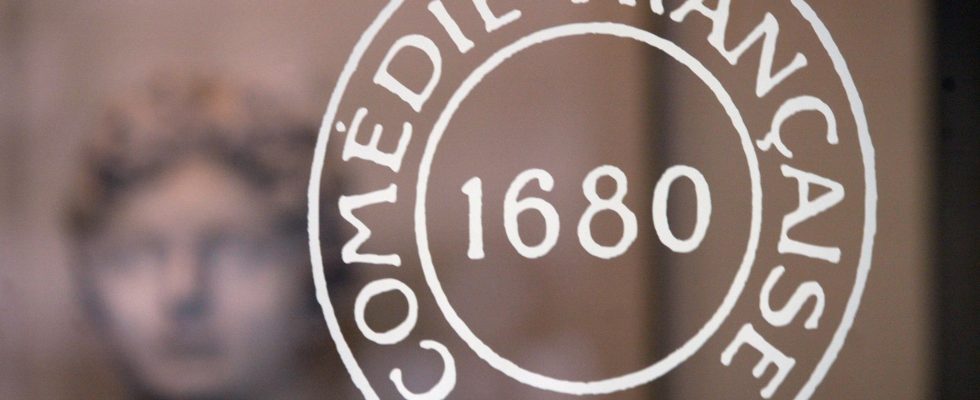The dog is a short story by Marcel Aymé published in 1934 in the collection of Tales of the perched cat. It is now a play directed by Raphaëlle Saudinos and Véronique Vella. To obtain the right to adapt the tale, the directors had to agree not to change anything, not a comma, in the original text. This requirement of the editor (Gallimard) is excellent, because it forced the directors to leave in the mouths of the actors the “he said”, the “added Delphine” and others “answered the dog”. Outdated formulas that signal the literary origins of the show.
However, “the literary side”, as our great mediators, advertisers and advertisers say, is the thing that drives the public away. As often with laws, principles, censorships, this contractual constraint here produces incongruities which are the luck of the show, like so many discoveries which, pushing the respect due to him, bring the writer back on stage, his time, and the whole history of literature. This clause of the contract is at the same time a fortress, it offers texts of this kind a possibility of resistance against the onslaught of current events and its forces of commercial aggression. Worry, however, because this rampart will not last forever, the planned fall of the works of Marcel Aymé into the public domain will end up getting the better of his genius. We will then see DreamWorks and Walt Disney & Cie jump on it to make standard products.
Indeed, what is more contrary to the animalist doxa of the day than The dog by Marcel Ayme? In case you forgot, I’ll summarize the story for you. Delphine and her sister Marinette, two decent young girls, come home from shopping by bringing back in their shopping bag “three pieces of soap, a loaf of sugar, a veal strawberry and for fifteen cents worth of cloves”. Along the way, they are approached by a dog in a sorry state, a former guide dog who has agreed to become blind in place of his master, the latter having promised in exchange to take good care of him. But as soon as the operation was successful, the master, overjoyed at having regained his sight, abandoned him.
Outraged by this story, Delphine and Marinette decide to bring the blind dog home. After an initial hostile reception, the parents, moved by the sad fate of the animal, accept him as the dog of the house. The cat takes a liking to him. But one day, seized with jealousy of the family’s new fetish, he scratches the sisters. He repents very quickly and to ask for forgiveness, goes so far as to propose to the dog to become blind in his place.
A talented piece
As soon as the operation was successful, what do you think happened? The cat, despite his handicap, catches a mouse, and listening to it moan and beg not to kill it, an idea comes to him: he offers the mouse life in exchange for its blindness. The mouse has little choice… This Arthur Schnitzler-like round doesn’t stop there, but, not daring to ask you to go deaf for me, I’m content to strongly advise you to go, with or without your children or those of the neighbors at the Studio-Théâtre of the Comédie-Française to attend the play by Raphaëlle Saudinos and Véronique Vella. They created what they had already succeeded with The wolfby the same Marcel Aymé, an overwhelming spectacle of intelligence, humor and mischief.
The most comical thing being the way in which they managed to convince Gallimard editions to authorize them to punctuate the tale with a good half-dozen “additional couplets”, in other words songs whose texts, carried by the excellent music of Vincent Leterme, appear sponsored by MeToo and Amnesty International. It’s talented, it takes the little ones, the grown-ups, transports Dora and myself, but it’s no longer quite Marcel Aymé, the writer who, behind his moral tales, was the least moralizing of his time. .
